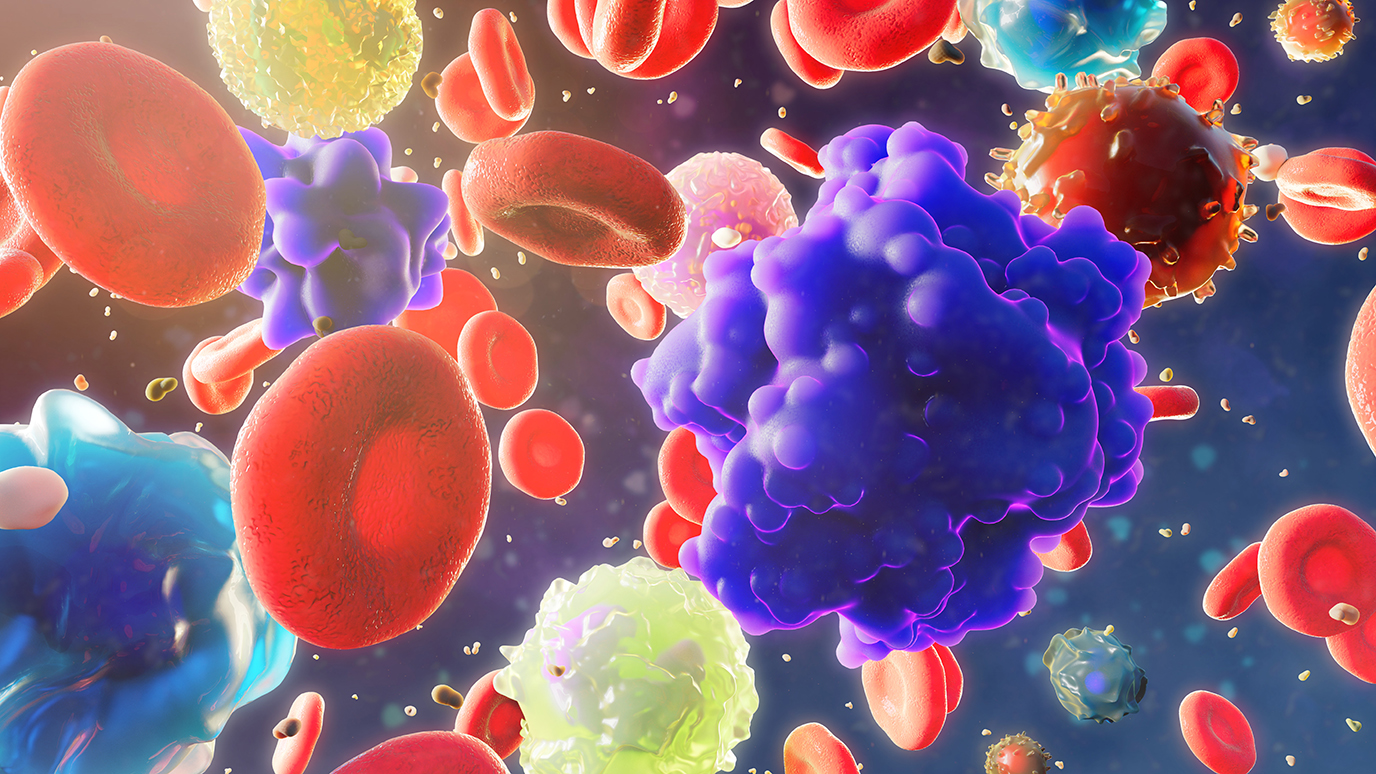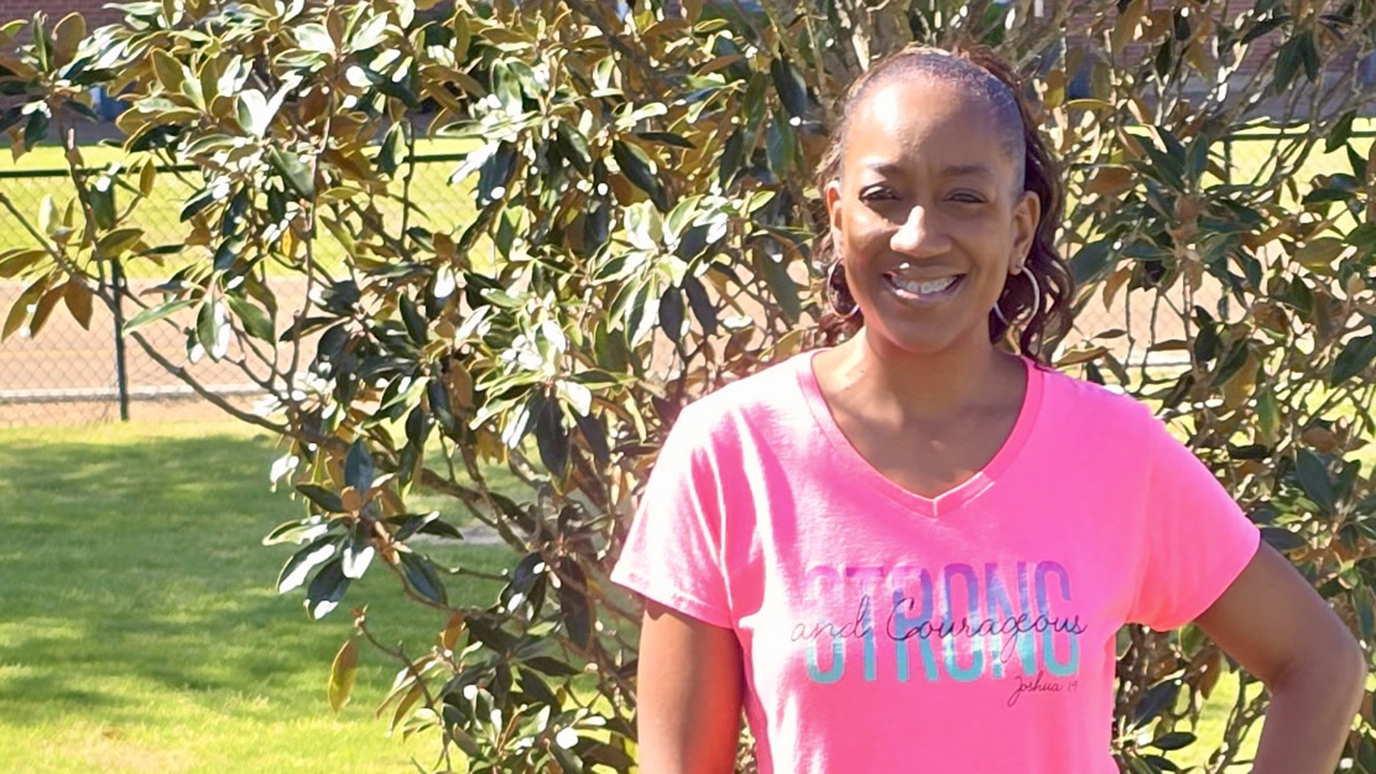- Diseases
- Acoustic Neuroma (16)
- Adrenal Gland Tumor (24)
- Anal Cancer (70)
- Anemia (2)
- Appendix Cancer (18)
- Bile Duct Cancer (26)
- Bladder Cancer (74)
- Brain Metastases (28)
- Brain Tumor (234)
- Breast Cancer (726)
- Breast Implant-Associated Anaplastic Large Cell Lymphoma (2)
- Cancer of Unknown Primary (4)
- Carcinoid Tumor (8)
- Cervical Cancer (164)
- Colon Cancer (168)
- Colorectal Cancer (118)
- Endocrine Tumor (4)
- Esophageal Cancer (44)
- Eye Cancer (36)
- Fallopian Tube Cancer (8)
- Germ Cell Tumor (4)
- Gestational Trophoblastic Disease (2)
- Head and Neck Cancer (14)
- Kidney Cancer (130)
- Leukemia (342)
- Liver Cancer (50)
- Lung Cancer (286)
- Lymphoma (278)
- Mesothelioma (14)
- Metastasis (30)
- Multiple Myeloma (100)
- Myelodysplastic Syndrome (60)
- Myeloproliferative Neoplasm (6)
- Neuroendocrine Tumors (16)
- Oral Cancer (102)
- Ovarian Cancer (178)
- Pancreatic Cancer (160)
- Parathyroid Disease (2)
- Penile Cancer (14)
- Pituitary Tumor (6)
- Prostate Cancer (150)
- Rectal Cancer (58)
- Renal Medullary Carcinoma (6)
- Salivary Gland Cancer (14)
- Sarcoma (238)
- Skin Cancer (300)
- Skull Base Tumors (56)
- Spinal Tumor (12)
- Stomach Cancer (66)
- Testicular Cancer (28)
- Throat Cancer (92)
- Thymoma (6)
- Thyroid Cancer (100)
- Tonsil Cancer (30)
- Uterine Cancer (86)
- Vaginal Cancer (18)
- Vulvar Cancer (22)
- Cancer Topic
- Adolescent and Young Adult Cancer Issues (22)
- Advance Care Planning (12)
- Biostatistics (2)
- Blood Donation (18)
- Bone Health (8)
- COVID-19 (360)
- Cancer Recurrence (120)
- Childhood Cancer Issues (120)
- Clinical Trials (628)
- Complementary Integrative Medicine (22)
- Cytogenetics (2)
- DNA Methylation (4)
- Diagnosis (238)
- Epigenetics (6)
- Fertility (62)
- Follow-up Guidelines (2)
- Health Disparities (14)
- Hereditary Cancer Syndromes (128)
- Immunology (18)
- Li-Fraumeni Syndrome (8)
- Mental Health (122)
- Molecular Diagnostics (8)
- Pain Management (62)
- Palliative Care (8)
- Pathology (10)
- Physical Therapy (18)
- Pregnancy (18)
- Prevention (936)
- Research (390)
- Second Opinion (78)
- Sexuality (16)
- Side Effects (616)
- Sleep Disorders (10)
- Stem Cell Transplantation Cellular Therapy (216)
- Support (408)
- Survivorship (328)
- Symptoms (182)
- Treatment (1788)
7 tips for returning to work after cancer
BY Andrea Pena
4 minute read | Published August 07, 2023
Medically Reviewed | Last reviewed by an MD Anderson Cancer Center medical professional on August 07, 2023
Going back to work after cancer treatment can be challenging. You may be consumed with constant thoughts of what ifs: What if I can’t physically do the work anymore? What if my colleagues don’t view me the same? What if I am treated unfairly?
We spoke with Heather DeRousse, vocational counselor in our Adolescent and Young Adult (AYA) Program. She shared tips on how to look for and return to work during or after cancer treatment.
Prioritize your health
Your physical and mental health should be your top priority. Before heading back to work, communicate with your doctor and make sure you are approved to start working again. Address any other health concerns with your care team to determine their severity.
Starting work again takes some extra planning to make sure you are ready and comfortable with the transition. Discussing the timeline with your doctor and healthcare team is the best place to start.
It will be easier to return to work without the added stress of health problems.
Regain your confidence
It takes a lot to rebuild your confidence. Your plan to return to work should include your employer and your care team. Keep everyone informed of what you are still capable of doing and what you can no longer do. Cancer is defined as a disability by the Americans with Disabilities Act.
“Whether you are a survivor or still in treatment with possible side effects, it is important to be aware that there are laws in place to protect you as a worker,” says DeRousse. “Part of those laws are requesting reasonable accommodations at work.”
Be sure to ask yourself, “What accommodations will I be open to or request in order to go back to work?”
Cancer is life-changing. Asking for accommodations at work is your right; it can help you regain the confidence you need to be successful at work.
Be open to change
If you are coming from a labor-intensive field or a job that you may not be able to physically do anymore due to treatment side effects, it could be scary to try something new.
“Speak with your employer to see if there are any other opportunities within the company that do not require as much intensity,” says DeRousse. “Be open to some career explorations.”
Transitioning to a new career can be a challenge, but take the time to discover new interests and what your body is now capable of doing.
Fine-tune your resume
If you’re searching for a new job, update your resume before beginning your job search. It can be difficult to explain the gap in time of when you were undergoing cancer treatment, but it is important to be honest about it. The most important thing is to have a one-sentence response or explanation for the gap that you are comfortable with stating.
For example, you might mention family issues or health issues but state that these are now resolved and leave it at that. Reinforce that you are ready to go back to work full force. Remember, your diagnosis is yours to share when you are comfortable and ready to share. The qualities you bring to the table are still valuable to potential employers.
“Use your resources in a way that maybe you haven’t before,” says DeRousse.
She adds that there are some good online resources that offer tips to help people with cancer transition back to work.
MD Anderson patients can also seek counseling from their social work counselor to help them feel comfortable and prepared to go back to work.
Start networking
Tools like LinkedIn can allow you access to potential employers and research new companies to see if you’d be a good fit.
If you’re comfortable with doing so, share your experience with people close to you and your previous colleagues, and let them know you are in search of a new job opportunity. You might be surprised by who knows somebody and how easily word can spread that you’re looking for a job.
Prepare for the interview
Think of what questions may be asked during an interview. If the interviewer asks about gaps on your resume, be honest but only share what you are comfortable with. Take pride in your journey; it is not something to be ashamed of. Present your qualifications with confidence and detail how they will fit the requirements of the job.
If you are an MD Anderson patient age 15-39, you can ask your care team to connect you with DeRousse, the organization’s vocational counselor. She can help you prepare for potential interviews and share more interview tips.
Remain positive
It is very easy to become discouraged during your job hunt, especially if you’ve recently faced cancer.
“One key factor to avoid becoming discouraged is going in with a different perspective and approach toward your job search,” says DeRousse.
Take it step by step, but celebrate every step.
“Going in for an interview, getting a callback and even going back for a second interview are all things that should be viewed as achievements,” says DeRousse. Even though the goal is getting a job, celebrating each accomplished step along the way is what will keep you optimistic.”
Request an appointment at MD Anderson online or by calling 1-855-479-2433.
Related Cancerwise Stories

Even though the goal is getting a job, celebrating each accomplished step along the way is what will keep you optimistic.
Heather DeRousse
Vocational Counselor, AYA Program





